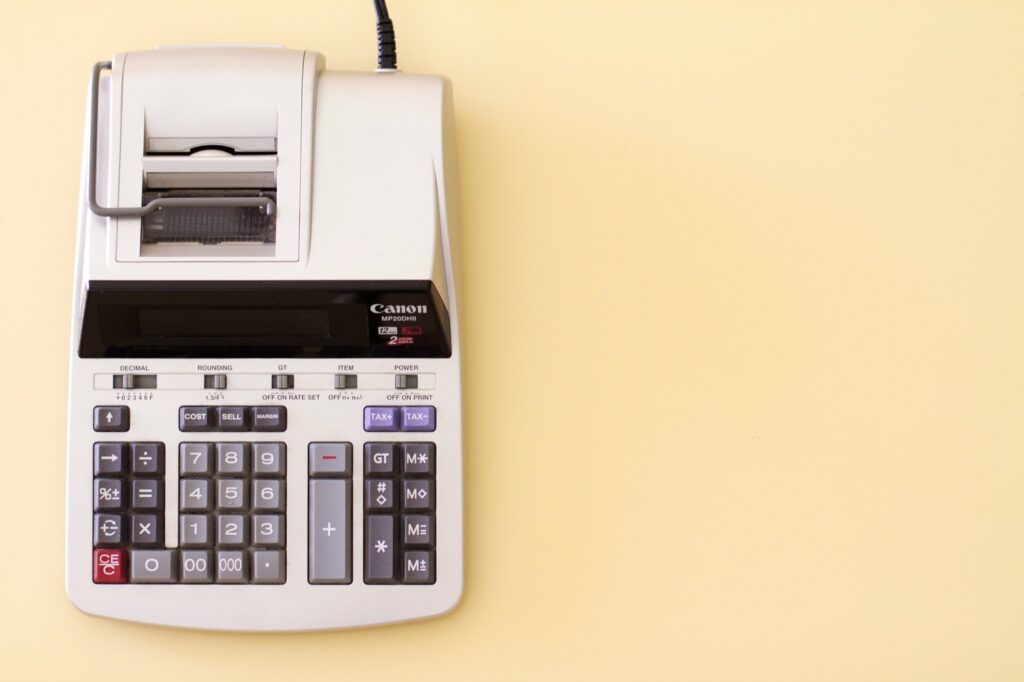9 Deductions Most Often Forgotten by Business Owners
Rebecca Casarez, CPA

It is a February morning, and you look at a full schedule for the day.
Purchase orders are piling up, a shipment is lost, and there is a weird smell coming from the break room that you think may be due to those Christmas party leftovers.
Right as you are about to dive into your work, the CPA calls. It is that time of year again, and suddenly you have sweaty palms.
Tax season is probably one of the most overwhelming times for business owners.
You may be the most talented individual in your industry, but when it comes to recording expenses and knowing the tax code you are at a loss.
For those that groan at the sight of numbers, tax season requires many of us to face those anxieties.
As you pull your files and information together, it is not uncommon for us to forget a few expenses here and there.
It is even more common for some business owners to forget a tax deduction altogether.
If you are sick of trying to remember every deduction, try out the options below.
Deductions Most Often Forgotten by Business Owners:
1. Home Office
Before March 2020, only some people even thought of considering their home office for a tax deduction. After Covid-19, many people have turned parts of their homes into full-blown offices.
While this may be a new deduction you can take advantage of, you should know there are still standards by which you need to operate. Talk with your accountant about what is required in order to deduct your home office.
How you calculate it is you take the percentage of your office to the house.
Then apply that percentage to expenses associated with your home, like your mortgage and utilities.
(Source: https://www.irs.gov/businesses/small-businesses-self-employed/home-office-deduction)
2. Petty Cash Expenses
Buy donuts for the office?
Have you picked up a new stapler?
These small expenses we may not think about, but over a year they can mean significant savings.
While it may be difficult to remember every expense, you can account for those you do have recorded.
Be sure to record them for next year!
(Source: https://www.irs.gov/publications/p583)
3. Car Expenses
Frequently use your car for business?
That is another deduction!
This one may be a challenge if you did not keep good records, but car expenses can give you nice little savings.
(Source: https://www.irs.gov/taxtopics/tc510)
4. Mileage Expenses
This is different from travel and car expenses. Mileage expenses is an easy way to grab a deduction. All it requires is a bit of planning on your end. If you aren’t sure where to start, be sure to reach out to your accountant!
(Source: https://www.irs.gov/taxtopics/tc510)
5. Meals Expenses
Did that dinner help you nail the client?
Mark it as a meal expense and deduct it!
Even if you didn’t land the client, these outings which help you stay in business are deductible.
(Source: https://www.irs.gov/pub/irs-drop/n-18-76.pdf)
UPDATE: The COVID-19 Relief Bill, signed by the President on December 27, 2020, made changes to deductions for business meals in tax years 2021 and 2022. Businesses will be permitted to fully deduct business meals that would normally be 50% deductible. Although this change will not affect your 2020 tax return, the savings will offer a 100% deduction in 2021 and 2022 for food and beverages provided by a restaurant. The objective of the temporary deduction is to stimulate the restaurant industry. In the list of examples below, we’ve indicated those deductions which will change between 2020 and 2021.
6. Travel Expenses
At first, travel expenses may seem fairly narrow like mileage and airplane tickets, but this category can be fairly wide.
Check out our article on Meals, Entertainment, and Travel to learn more!
(Source: https://www.irs.gov/taxtopics/tc511)
7. Communications Expense
Today it is impossible to run your business without a cell phone or the internet, which is good news for you because these expenses are deductible too.
(Source: https://www.irs.gov/publications/p334)
8. Preparing Expenses
Did you hire a lawyer this year?
How about a consultant or file for a loan?
Did you hire an accountant?
These are deductible preparation expenses.
(Source: https://www.irs.gov/publications/p535)
9. Startup and Organization Costs
A lot of tax code is designed around encouraging and discouraging certain behaviors.
It turns out entrepreneurship is encouraged!
Business startup costs can be deducted up to $5,000 and organizational costs up to $5,000.
If these costs exceed $50,000, you can deduct over time.
(Source: https://www.irs.gov/publications/p535#en_US_2017_publink1000208919)
We get it!
One minute you are running a business doing what you love and the next you have to recall how many miles you drove to that one client or if that employee appreciation dinner is deductible.
Visit our checklist for a gentle reminder of all those deductions you may have forgotten.
Work with a CPA year-round
Maybe you are a skilled artist, fantastic engineer, or undiscovered world-class chef, but that doesn’t mean you also need to be an experienced accountant to run a business.
When you enlist the help of a year-round bookkeeper, you will be giving yourself the freedom to do what you love while saving money.
All those forgotten expenses and deductions can be recorded by your trusted accountant throughout the year.
Then when it comes tax time, we will take care of the rest.
Not only does this free up your time to do what you love, but it ensures you will be getting every deduction.
Check out How to Create a Tax Plan for Your Business.
Taxes can sometimes be a challenge for even the most experienced CPA.
The tax code is constantly changing and being interpreted in many different ways.
Simplify your financial goals this year by working with an accountant to keep those books in order, and every deduction accounted for.
Disclaimer:
This publication is designed to provide information on federal tax and accounting laws and/or regulations. It is presented with the understanding that the author is not rendering legal or accounting services.
This text is not intended to address every situation that arises or provide specific, strategic tax and/or accounting planning advice. This text should not be used solely to answer tax and/or accounting questions and you should consult additional sources of information, as needed, to determine the solution to tax and/or accounting questions.
This text has been prepared with due diligence. However, the possibility of mechanical or human error does exist and the author accepts no responsibility or liability regarding this material and its use. This text is not intended or written by the practitioner to be used and cannot be used by a taxpayer or tax return preparer, for the purpose of avoiding penalties that may be imposed.
Call To Action (Taxes)
Don't forget to share this post!
Related Articles
Copyright 2023 © ProAdvisor CPA
All Rights Reserved
Privacy Policy – Terms and Conditions
ProAdvisor CPA is an active, registered, & licensed Certified Public Accounting firm that abides by the strict regulations of the State Board of Accountancy.





